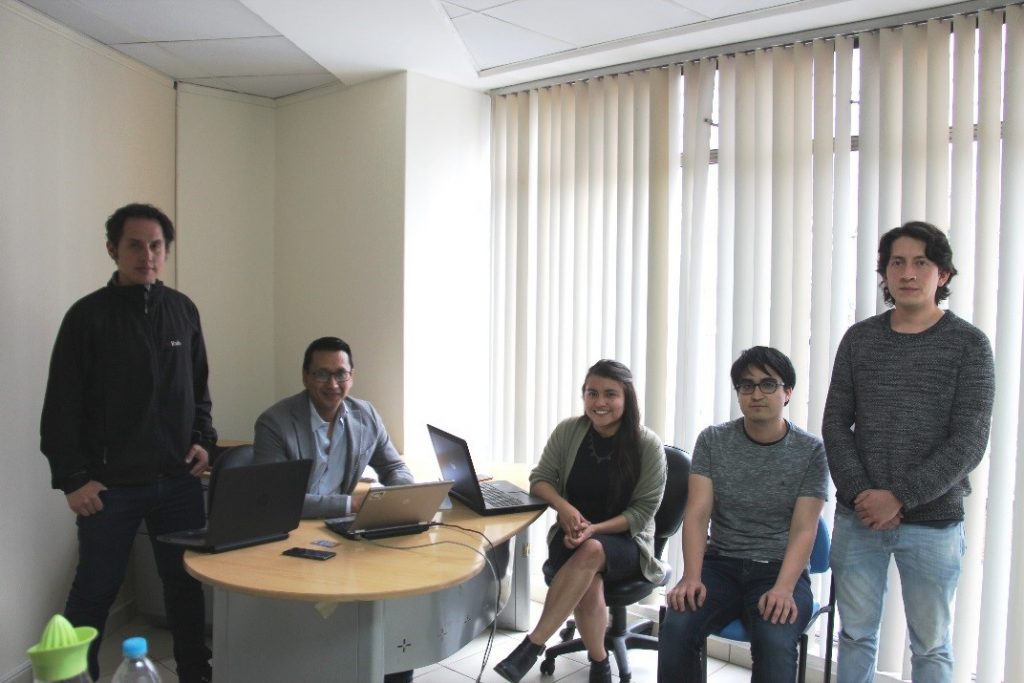When health officials in the city of Quito are looking to understand the leading causes of death and disease, they frequently run across a significant problem: while Ecuador’s national data shows that people’s health and social well-being has improved significantly at the national level, when it comes to understanding the situation at the local level, information is limited.
Through its Data Impact Program, Vital Strategies has worked since 2016 to support partners in Ecuador to collect and analyze the health data the country needs, as part of the Bloomberg Philanthropies Data for Health Initiative
Historically, Ecuador has monitored its population’s health through a national household survey. This gives a useful bird’s-eye view at the national level but lacks reliable statistics for smaller areas in the country. In addition, the survey does not allow for tracking individuals over time, a vital aspect of public health research and monitoring.

INEC team members in Quito, Ecuador
Ecuador has made gathering this missing local health data a priority. The National Institute of Statistics and Censuses (INEC, for its name in Spanish) has built its capacity to generate and analyze administrative data. Ecuador’s new national development plan (Plan Toda Un Vida 2017-2021, in Spanish) prioritizes using data to establish and evaluate policies. In addition, INEC had an interest in developing a department that would serve as an “observatory” to monitor public health and asked for Vital Strategies’ support.
Vital Strategies worked with leadership of Ecuador’s National Statistics Office to conceptualize the purpose and objectives of the new observatory, which is called Demographic and Social Dynamics Statistical Observatory (in Spanish: Observatorio Estadístico de Dinámica Demográfica y Social, or OEDDS.) We also shared best practices for integrating, hosting, analyzing and using data.

Edwin Buenaño and Lorena Moreno of INEC
The Bloomberg Philanthropies Data for Health Initiative is financially supporting the observatory in its first year, after which the National Statistics Office will assume financial responsibility. Four staff have been hired and a new server will house large datasets and enable processing.
Work is already underway on a new model that combines administrative data, thematic surveys, and census data related to health, social characteristics, and living conditions. This system will allow for new descriptive and analytical understanding on topics including poverty and living conditions in Ecuador, maternal mortality, adolescent pregnancy and childhood malnutrition. The hope is that this understanding will then lead to new policy to improve the health of the country.
Data Impact Program, which is part of the Bloomberg Philanthropies Data for Health Initiative, helps governments translate data into public health action, resulting in more effective policies and investments. We help governments improve their use of data: developing robust systems of key indicator monitoring to provide better data for decisionmakers; establishing new institutional units in ministries of health for advanced data analysis and policy development; and building capacity for data use among government staff—from data analysts to communication staff to ministry leadership. Learn more about our work in the Bloomberg Philanthropies Data for Health Initiative by visiting https://www.vitalstrategies.org/programs/dataforhealth/.